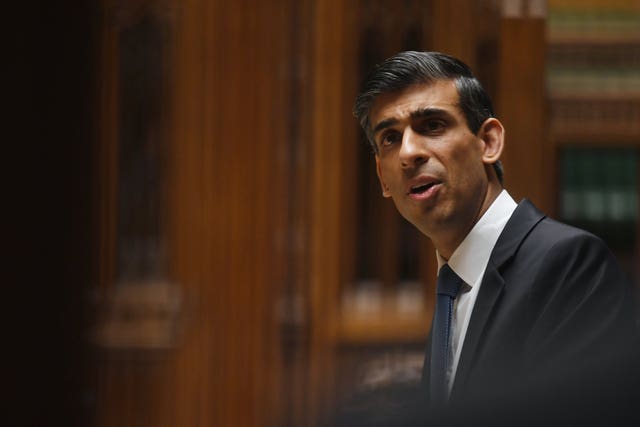UK regulator Ofgem has announced a lower cap on sky-high energy bills from April. However, buyers will still pay more for gas and electricity because the government is also reducing financial assistance.
Ofgem said the annual amount suppliers are able to charge an average household would be cut by nearly a quarter. It will fall to £3,280 from £4,279. This new figure shows how much consumers would pay on their suppliers’ most basic tariff if the government’s Energy Price Guarantee (EPG) was not present.
Ofgem CEO Jonathan Brearley said that the fall mirrors a shift in the price of “wholesale energy for the first time since the gas crisis began”. However, he also warned that:
prices are unlikely to fall back to the level we saw before the energy crisis.
As BBC News has reported, the government’s EPG is indeed set to drop. It stated that:
The typical annual household bill is set to rise from £2,100 to £3,000 in April because government help – known as the Energy Price Guarantee (EPG) – will become less generous and a £400 winter discount on all bills ends.
‘Not enough to help’
Rocio Concha, of consumer pressure group Which?, noted:
The price cap is coming down, but not by enough to help people who will face a sharp spike in their energy bills in April when the government reduces its financial help
Market energy costs have slumped in recent months, leading to ludicrous profits for energy companies. Meanwhile, annual inflation in the UK remains above 10%. This is fives times the rate targeted by the Bank of England.
Rising energy bills will always affect the poorest members of society most profoundly. Think tanks like the Resolution Foundation have pointed out that any increase in price without an increase in wages will result in more households plunging into fuel stress. This means that they spend more than 10% of their income on energy.
As the Canary’s Steve Topple previously said:
The level of difference between how hard energy companies are hitting the richest and poorest, coupled with the fact the government knows this and is barely acting is class war. That is, the rich and powerful are knowingly doing things that will suppress the poorest people and keep them in their poverty-stricken place…
Decisions made by those at the top of society that will plunge 7.5 million families at the bottom into further poverty is class war.
‘Out-of-touch government’
Soaring energy and food bills, coupled with rising interest rates, have triggered a cost of living crisis for millions of households. This has been accompanied by some of the most intense strike action in decades.
Sharon Graham, general secretary of Unite, said:
Ofgem’s latest manoeuvres on the energy price cap do next to nothing to ease the pressure on workers and communities already haunted by… their fuel bills
This out-of-touch government is clearly preparing to pull the plug on protecting consumers and is totally abdicating any responsibility for dealing with the runaway profiteering of energy companies.
Meanwhile, Rishi Sunak is resisting calls to offer inflation-matching pay rises for public-sector workers, notably thousands of nurses and teachers who are planning more strikes next month.
The Tories in power can see that households are hurting. They know that bills will go up but plan to cut the EPG subsidy anyway, even though the reasons it was needed in the first place haven’t gone away.
Nothing has changed. Except the government seems to simply be giving up the pretense that it cares about people being able to afford necessities such as cooking and staying warm.
Additional reporting via Agence France-Presse
Featured image via Flickr/ climatejusticecollective, cropped to 770*403 pixels
This post was originally published on Canary.

 – Marcus Williamson (@CEOemail)
– Marcus Williamson (@CEOemail)